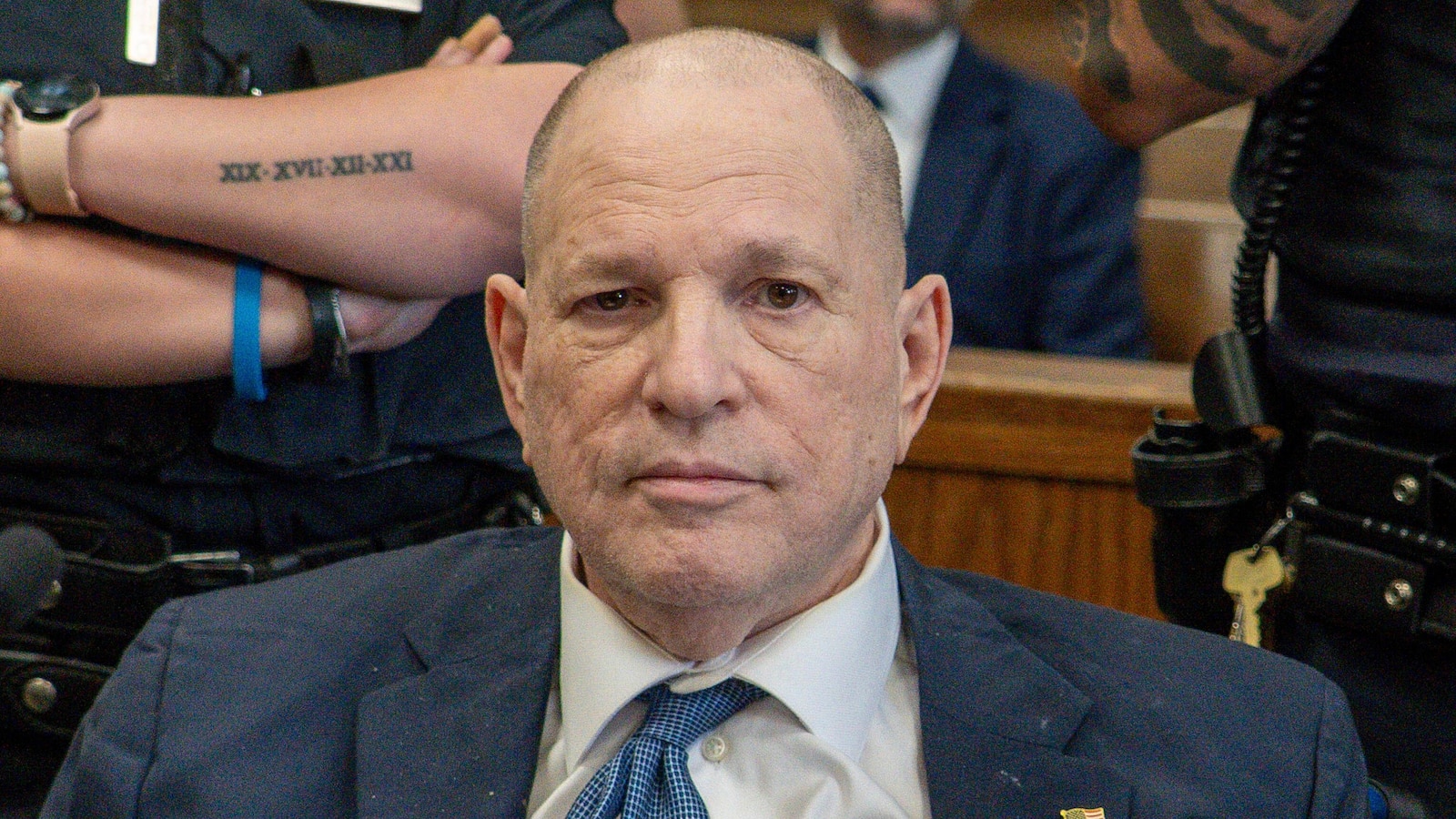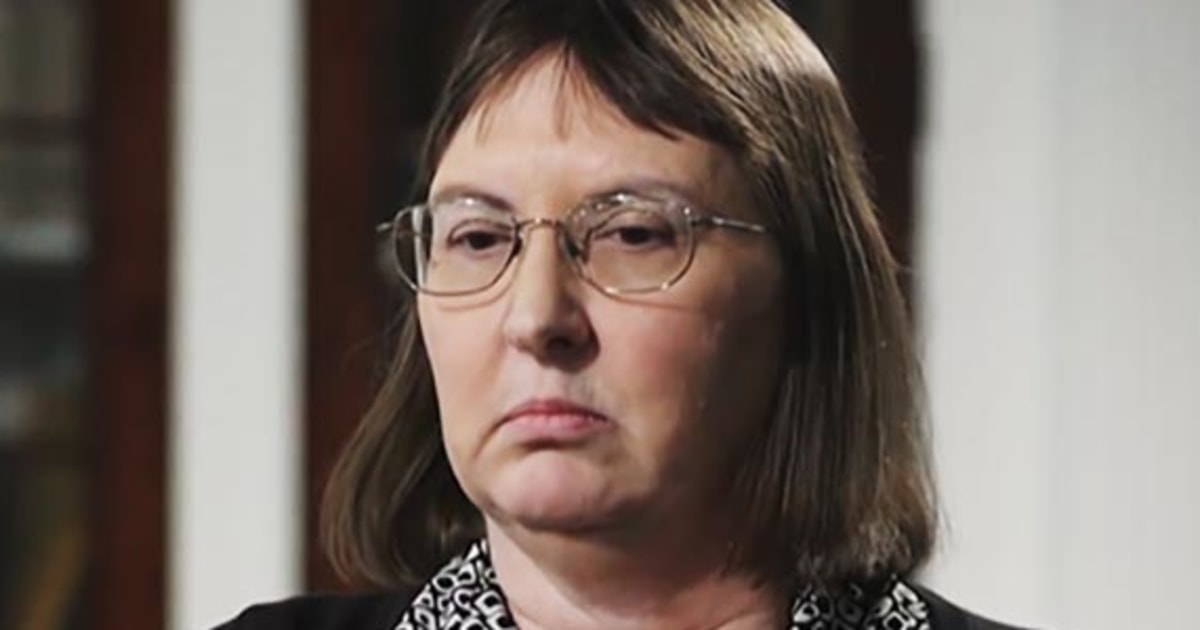Unraveling the Weinstein Case: Jury Selection Begins Amid High Stakes
Jury selection for Harvey Weinstein’s retrial commenced this week in Los Angeles, marking a pivotal moment in the disgraced producer’s legal saga. The process, expected to last two weeks, will determine the panel tasked with weighing new sexual assault charges against Weinstein. Legal experts highlight the trial’s significance for the #MeToo movement, as its outcome could reinforce or undermine broader cultural shifts around accountability for sexual violence.
The Legal Landscape: What’s at Stake
Weinstein, already serving a 23-year sentence following his 2020 New York conviction, faces four additional counts of rape and sexual assault involving five women in California between 2004 and 2013. If convicted, he could receive up to 18 years in prison, effectively a life sentence for the 70-year-old. The retrial follows a 2022 appellate court decision that upheld his New York verdict but allowed the California case to proceed separately.
Key factors shaping the trial include:
- Credibility challenges: Defense attorneys are expected to scrutinize accusers’ accounts, citing delayed reporting and potential inconsistencies.
- Evidentiary hurdles: Prosecutors must prove allegations beyond reasonable doubt without physical evidence in most cases.
- Public perception: Potential jurors’ awareness of Weinstein’s prior conviction and media coverage poses challenges for impartiality.
Expert Perspectives on Jury Selection Dynamics
Legal analysts note the selection process could prove unusually complex. “We’re looking at a pool deeply influenced by #MeToo narratives,” said UCLA law professor Jessica Roth. “The defense will seek jurors skeptical of ‘believe all women’ rhetoric, while prosecutors want panelists who understand power dynamics in sexual violence cases.”
Former prosecutor turned defense attorney Mark Geragos emphasized practical considerations: “With Weinstein’s health declining and his New York sentence already substantial, some jurors may question the utility of another trial. The DA’s office needs to frame this as about justice for California victims, not just piling on punishment.”
The Broader Cultural Reckoning
The trial coincides with the fifth anniversary of the #MeToo movement’s explosion into public consciousness. A 2022 Pew Research study found 58% of Americans believe the movement has made lasting impacts on workplace behavior, though 45% say it hasn’t gone far enough. Weinstein’s case remains emblematic of these tensions:
- Movement milestones: Over 80 women have accused Weinstein of misconduct, with his downfall catalyzing accusations against powerful figures across industries.
- Backlash concerns: Some legal scholars warn against conflating Weinstein’s case with all #MeToo allegations, noting each requires individualized scrutiny.
Potential Outcomes and Their Implications
Legal experts outline three probable scenarios:
- Conviction: Would validate survivors’ accounts and reinforce institutional responses to sexual misconduct.
- Acquittal: Could energize critics arguing #MeToo promotes “witch hunts,” though unlikely to reverse cultural shifts.
- Hung jury: Might prolong legal battles, with prosecutors weighing whether to retry given Weinstein’s age and existing sentence.
Columbia University sociologist Dr. Tanya Hernandez observes, “Regardless of verdicts, the cultural genie can’t be put back in the bottle. But this trial tests whether legal systems can deliver what social movements demand.”
Looking Ahead: The Trial’s Timeline and Impact
With testimony expected to begin in November, the proceedings may last two months. Key phases include:
- Opening statements: Likely to emphasize patterns in Weinstein’s alleged behavior versus defense claims of consensual encounters.
- Witness testimony: Includes accusers and possibly “prior bad acts” witnesses not named in charges.
- Sentencing (if convicted): Would occur weeks after verdict, with potential victim impact statements.
As courtroom battles unfold, advocacy groups like Time’s Up plan parallel campaigns highlighting systemic issues. “This isn’t just about one man,” said CEO Tina Tchen. “It’s about ensuring all survivors see pathways to justice.”
For those tracking the case’s developments, legal analysts recommend following verified court reporters and avoiding speculative commentary. The trial’s outcome will undoubtedly spark renewed debates about power, accountability, and how societies address sexual violence’s complex legacies.
See more NY Times Report



